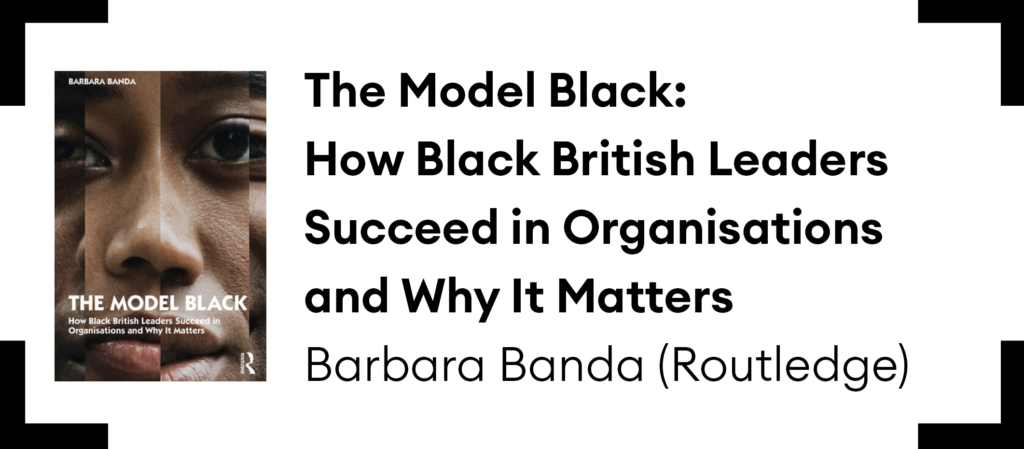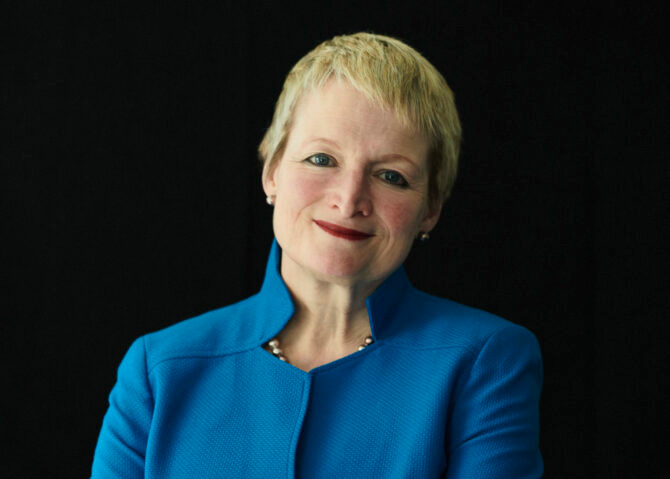Why do so many black leaders feel the need to downplay their blackness at work?
The importance of ‘bringing your whole self to work’ has become widely accepted as key to the creation of more authentically and fully human workplaces. But for many people, it is a problematic proposition. They don’t bring their whole selves to work; even as senior leaders, they feel they can’t. As The Model Black lays bare, it is an acute problem for many successful black leaders.
The book explores how black British leaders of African, Caribbean and mixed race heritage have navigated race at work – often, by playing down their blackness. Written by Barbara Banda, a consultant and Duke CE educator, it is a timely and important read.
The book is rooted in personal experience. Banda has 20-plus years’ experience in leadership development – yet, she reflects, “as a black woman I rarely meet people who look like me”. She provides extracts from interviews with 30 black British leaders, who also find themselves in “mainly white rooms”. They are frequently eye-opening and sometimes shocking, exposing the daily racism experienced by black people in the workplace. Banda explores “the choices related to their colour they make on a daily basis”: choices that shape their behaviour, their approach to work, how they express their identity. Banda is explicit about her intended audience of white leaders. It is essential, she writes, for leaders to create space to talk about being different, while ensuring there is also space for all parties to be different.
She urges white leaders to cultivate relationships based on mutual curiosity, and to work to understand the damaging effect of microaggressions, including those well-intentioned attempts to downplay racial differences that end up being dismissive of others’ experiences.
The Model Black is a moving and instructive read.
Patrick Woodman is editor of Dialogue.




